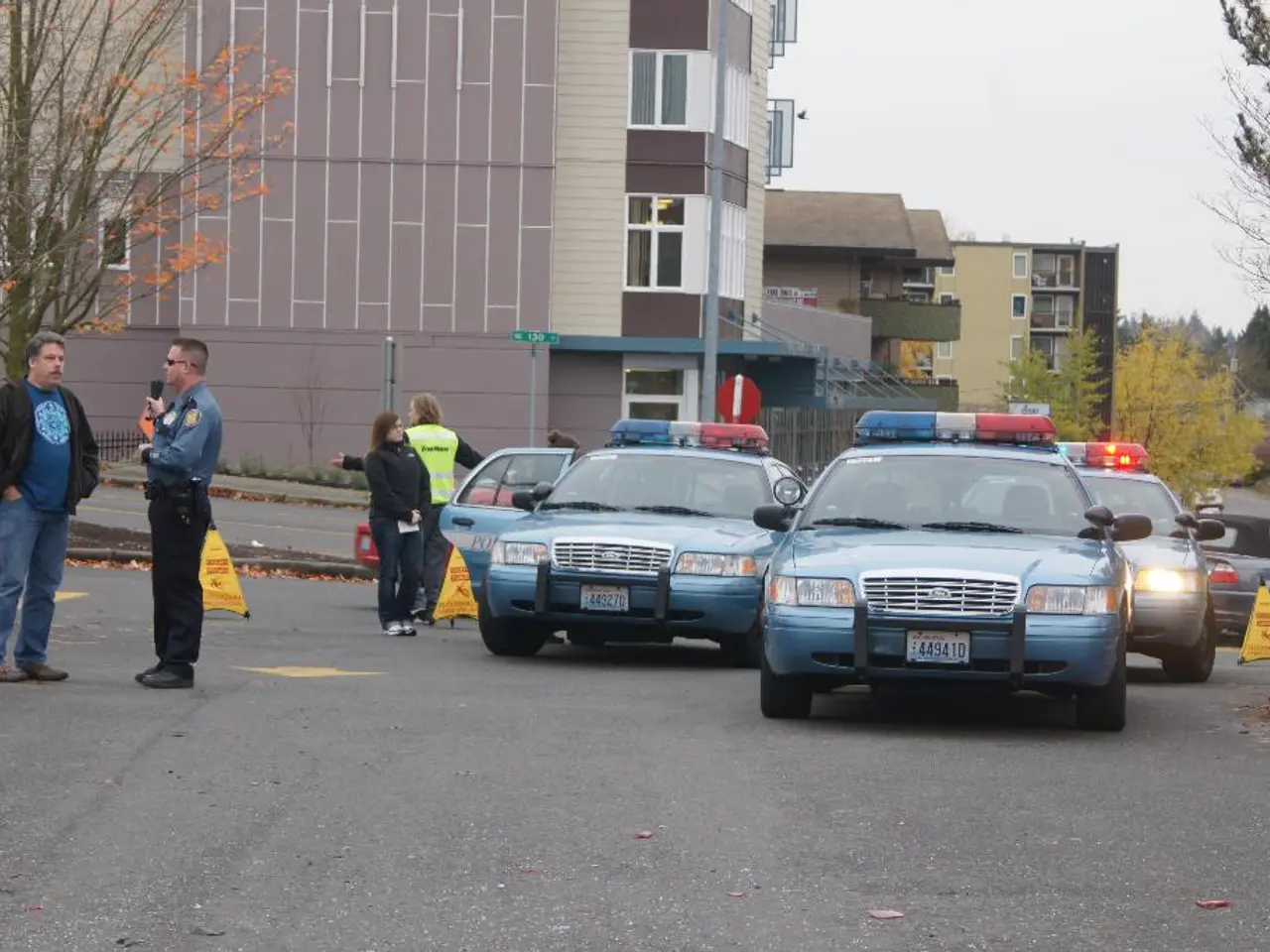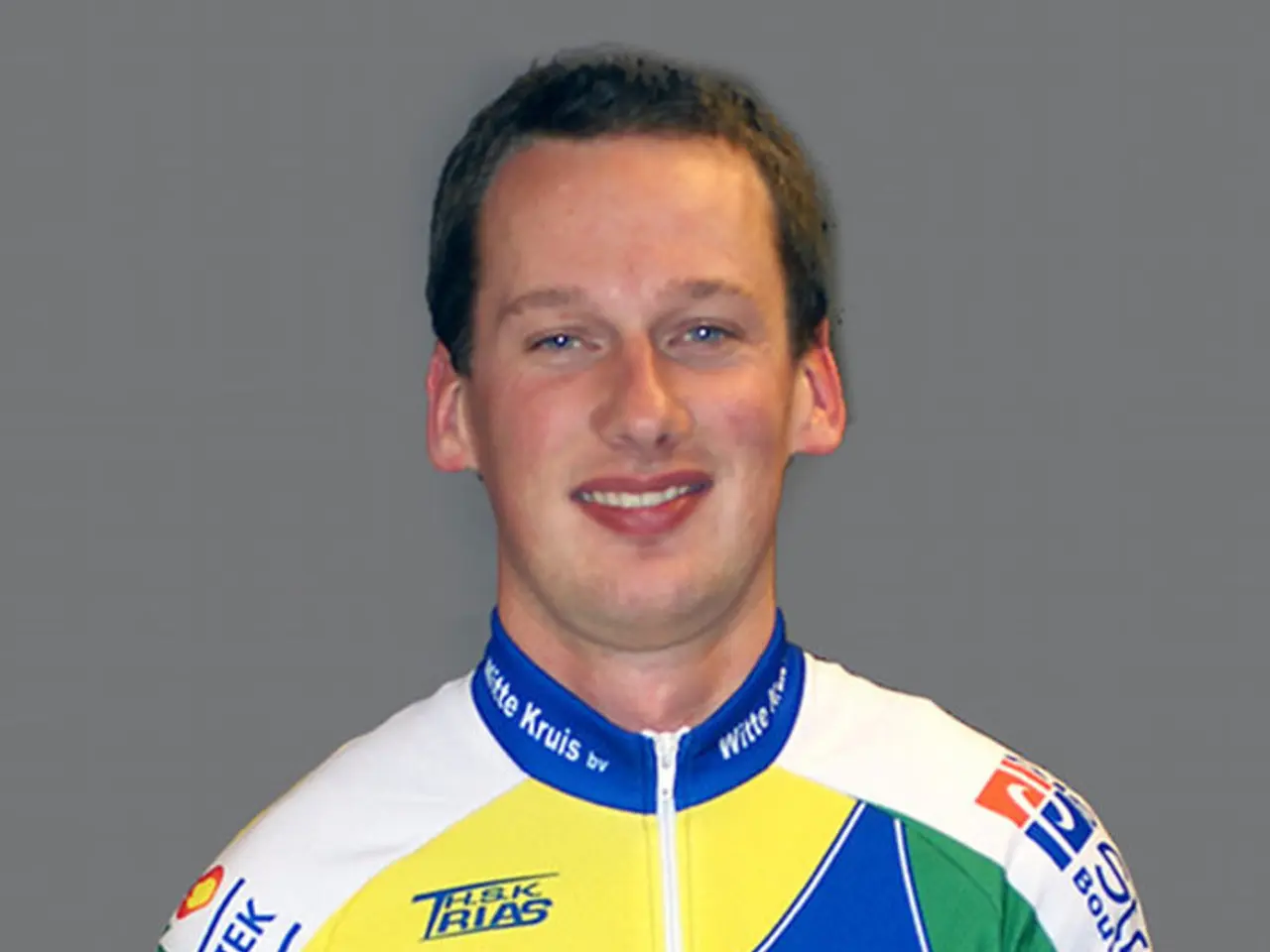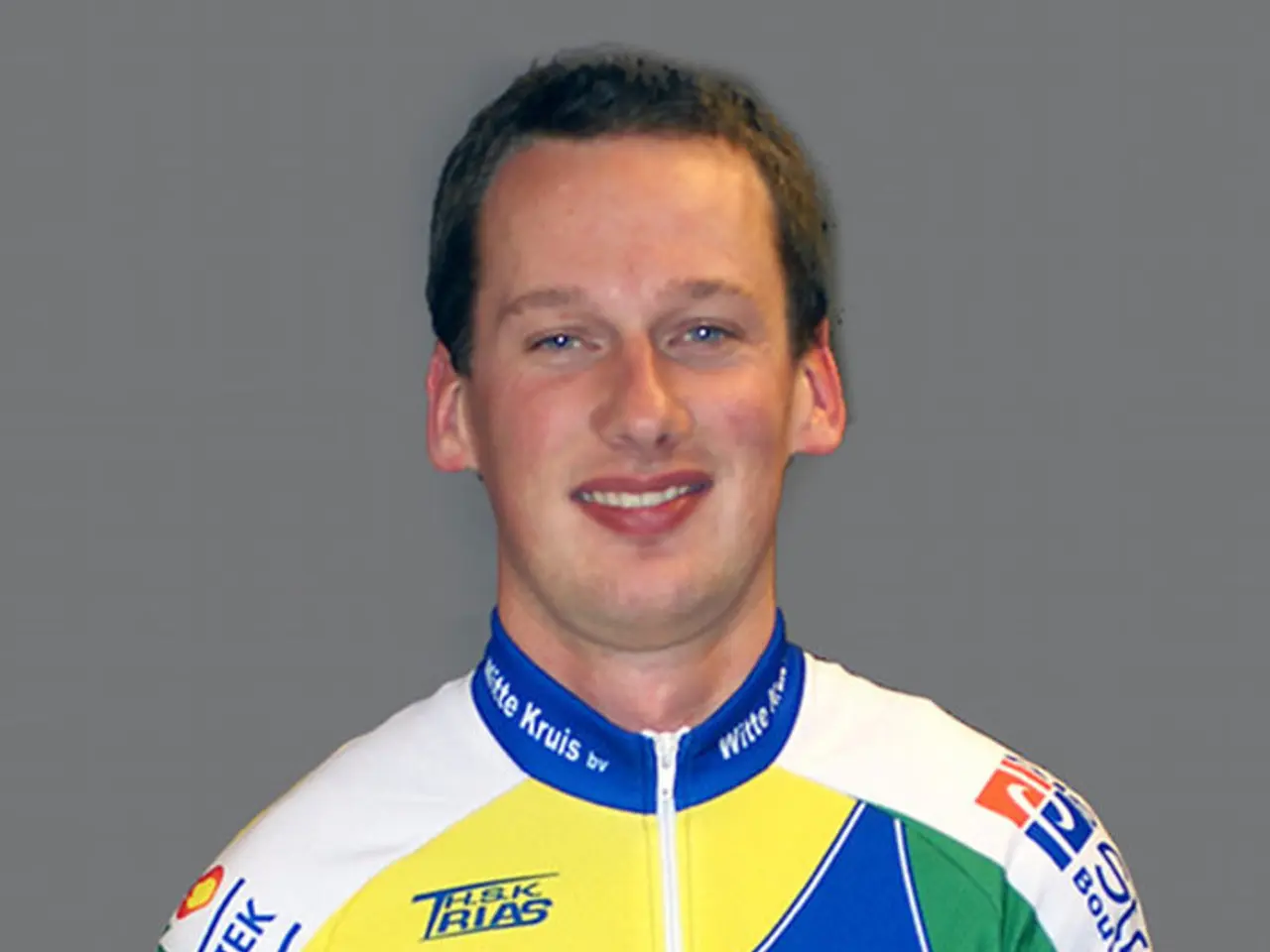Cleric Gössl Expresses Disapproval Towards Brosius-Gersdorf
In a recent sermon, the Archbishop of Bamberg, Herwig Gössl, expressed his concerns about lawyer Frauke Brosius-Gersdorf, who is seeking appointment as a judge on the Federal Constitutional Court. Gössl's criticism is primarily directed at Brosius-Gersdorf's stance on the right to life of unborn children, rather than the person herself.
In a 2024 essay, Brosius-Gersdorf argued that human dignity and full legal protection should not begin at conception or throughout pregnancy, but only at birth or later. This position advocates for impunity for abortions throughout the entire pregnancy and has been instrumental in efforts to liberalize and decriminalize abortion in Germany.
This stance contradicts the Catholic Church's teaching, which maintains that the embryo or fetus in the womb intrinsically possesses human dignity and a full right to life from conception onward. Catholic leaders such as Bishop Stefan Oster and Bishop Rudolf Voderholzer have sharply criticized Brosius-Gersdorf's view, describing it as a "radical attack on the foundations" of human dignity.
Gössl reiterates his criticism of Brosius-Gersdorf's graded concept of the right to life of the unborn, which he believes contradicts the position of the Catholic Church and other life protection advocates. He notes that setting a date for when the right to life applies can only be arbitrary.
The current regulation of abortions, according to Gössl, is a compromise that does not fully align with the Catholic standpoint. He expresses a lack of compromise possibilities in this matter and voices his concern about further erosion of the right to life.
Gössl's sermon caused a stir, with some interpreting it as an attack on Brosius-Gersdorf. However, Gössl clarified that his sermon was not about the lawyer, but a theological topic. He advocates for continued dialogue and debate, emphasizing that he has no intention of attacking or defaming Brosius-Gersdorf.
The concept of appointing Brosius-Gersdorf as a constitutional judge is unacceptable to pro-life advocates, who fear that her views could influence future decisions on the right to life. Gössl understands the uproar over his statements only to a certain extent, but he stands firm in his convictions.
As the debate continues, it is clear that Brosius-Gersdorf’s position prioritizes a legal and philosophical distinction between unborn life and born life in terms of dignity and rights, promoting abortion rights up to birth, while the Catholic Church upholds unborn life as equally deserving of dignity and protection from conception—marking a clear, fundamental conflict between her stance and the Church’s teachings.
- Despite Gössl's clarification that his sermon was not an attack on Brosius-Gersdorf personally, the controversy surrounding her potential appointment as a constitutional judge continues, as it highlights the contrast between her views on the right to life of unborn children and the policy-and-legislation of the Catholic Church.
- The politics of abortion in Germany has been thrust into the general-news spotlight, with the ongoing debate between Brosius-Gersdorf's legal arguments and the Catholic Church's stance on the right to life of the unborn, further illuminating the differences in policy-and-legislation and beliefs regarding human rights.







